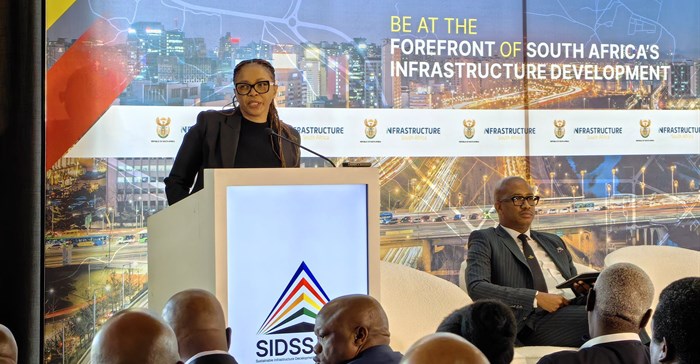
Government allocates money for infrastructure in 3-year cycles. Often, this money goes unused – it has to go back to National Treasury because of poor planning, not enough capacity to pull off the project, or issues with the service provider. ISA comes in to make sure projects are better prepared and packaged, so they're more attractive to private investors.
That's right. We like projects in key sectors like energy, water, ICT, etc. – anything valued at R1bn and above. We give preference to projects with a big impact on the GDP, and where the project sponsors have proper governance and capacity in place.
We help with projects that have funding, and those that don't. It's our job to prep them for blended finance or PPP options to take pressure off the fiscus. We can put in our own funding, bring other funds on board, and push for strategic projects within government.
ISA gets allocated R200m per year to deploy and develop these projects. We can also catalyse other project preparation facilities.
Let me give an example of the Transnet high-capacity rail from Gauteng to the Eastern Cape. ISA puts in its own funding. The DBSA is putting their own funding. IDC will also be putting their own funding. And so we are able to catalyse two very strategic DFIs in the country to put behind this project.
As technocrats, we're not interested in politics. We put together proper handover reports for any incoming administration. What happens, towards the end of any administration in government is the following: the departments, the technocrats, we all prepare what we call handover reports.
We must prepare them properly. There's a structure. There's a template that, the Department of Planning and Monitoring and Evaluation sends out for all of us to comply with that. So we package the handover, and we wait.
So the incoming government, when it comes in after the national elections and receives those handover reports regardless of the permutations.
The next government will set its own priorities, of course, but infrastructure development is crucial for any economy. We're confident that it will stay a focus.
We work brilliantly with the Western Cape. We even have a dedicated provincial lead just for Western Cape projects.
I understand that it's an election year and you've got to punt your own programmes. You've got to punt the work the good work that you've done and where you're going, etc... So from my side, I don't have a problem.
